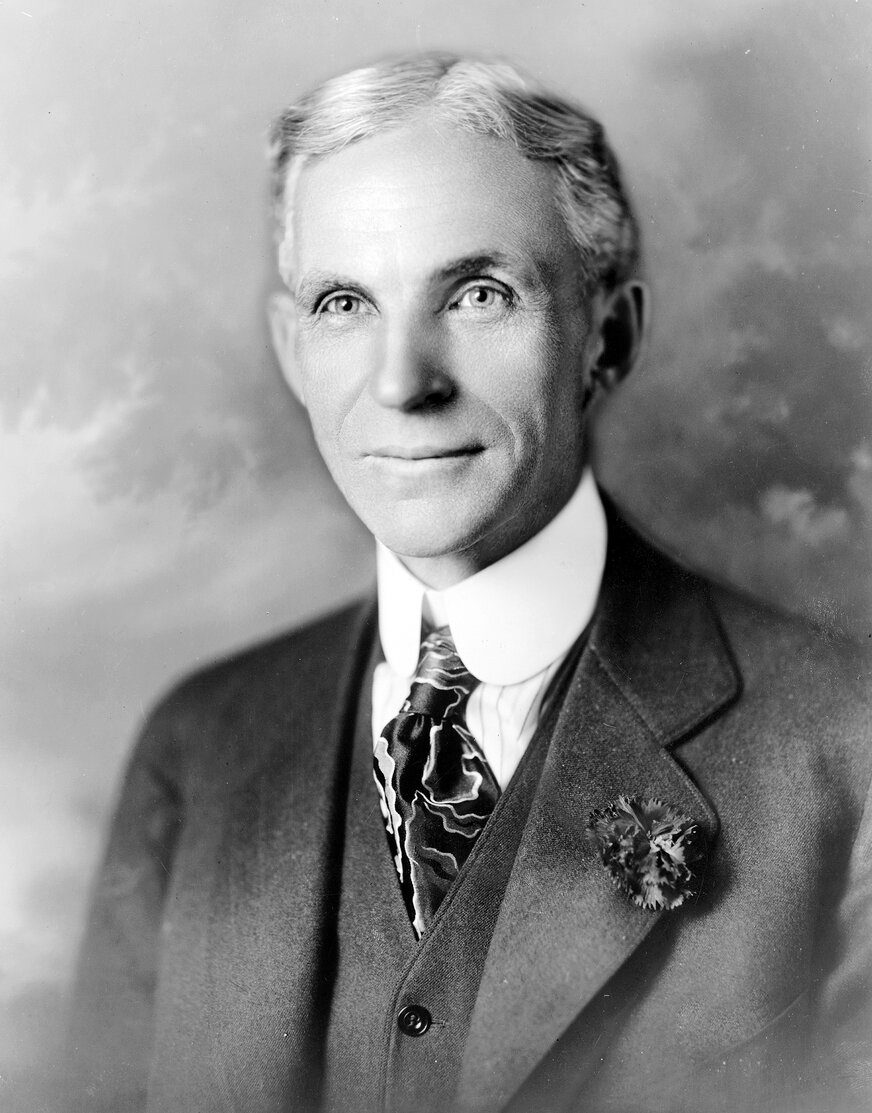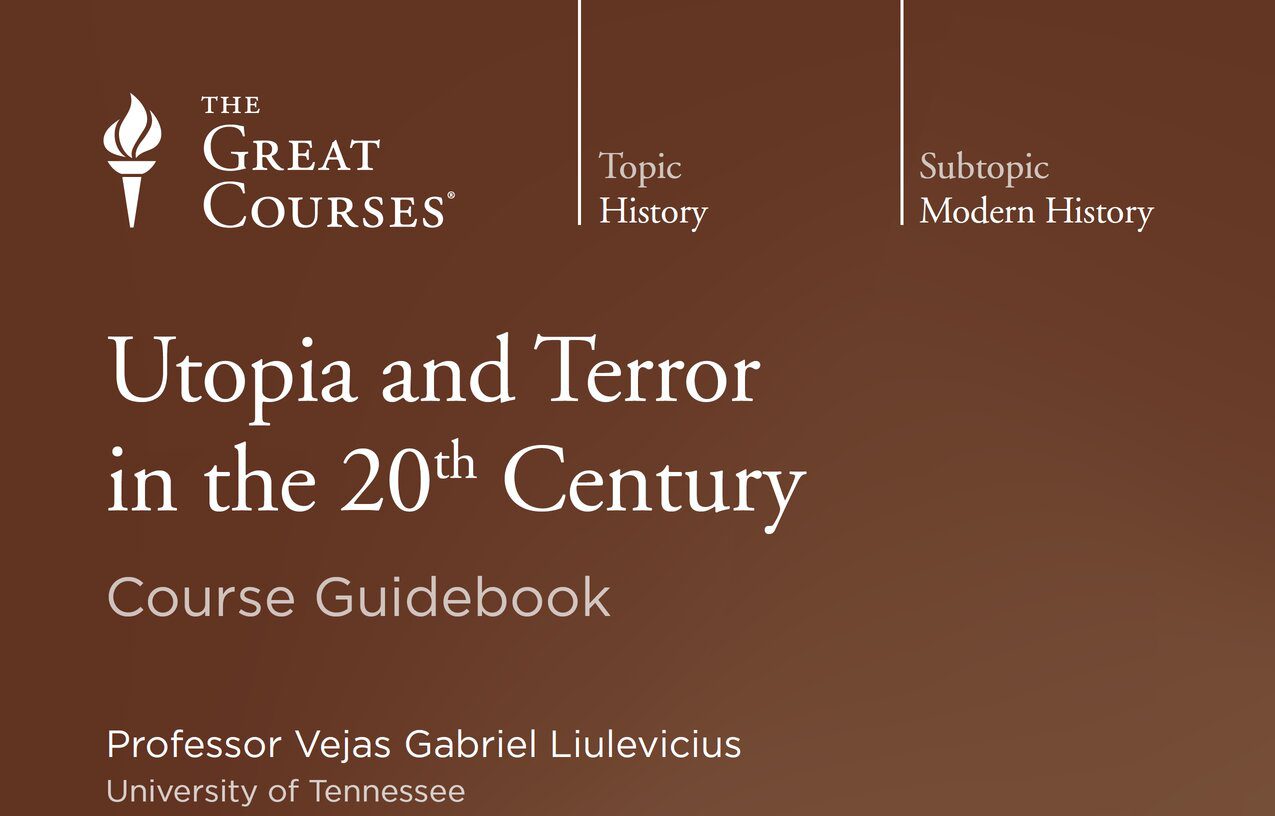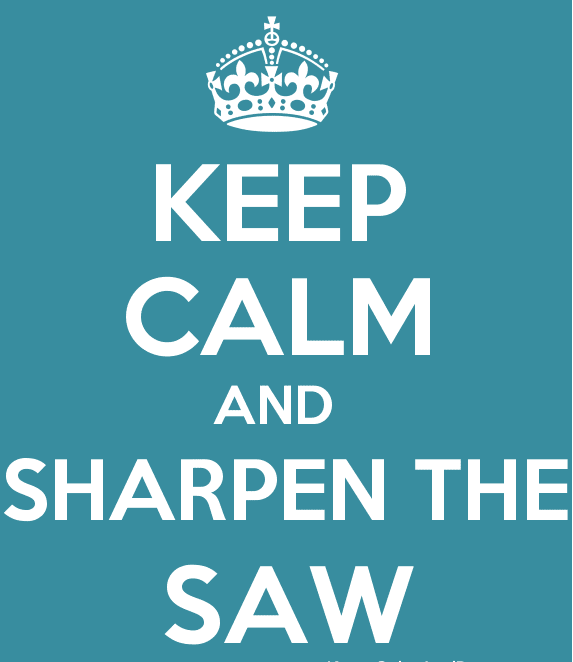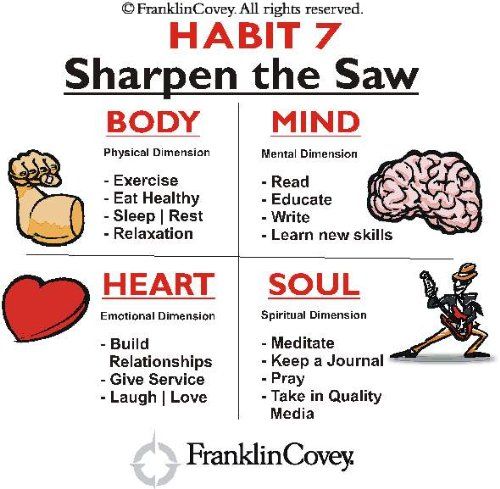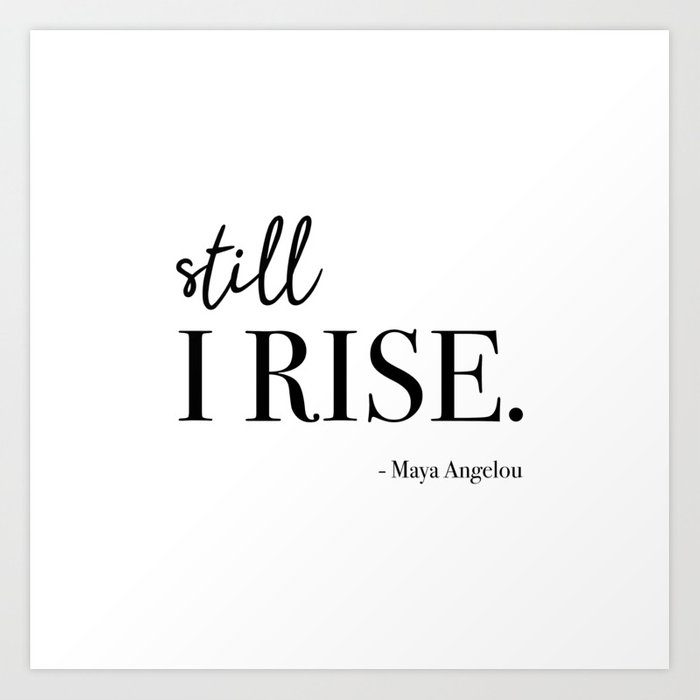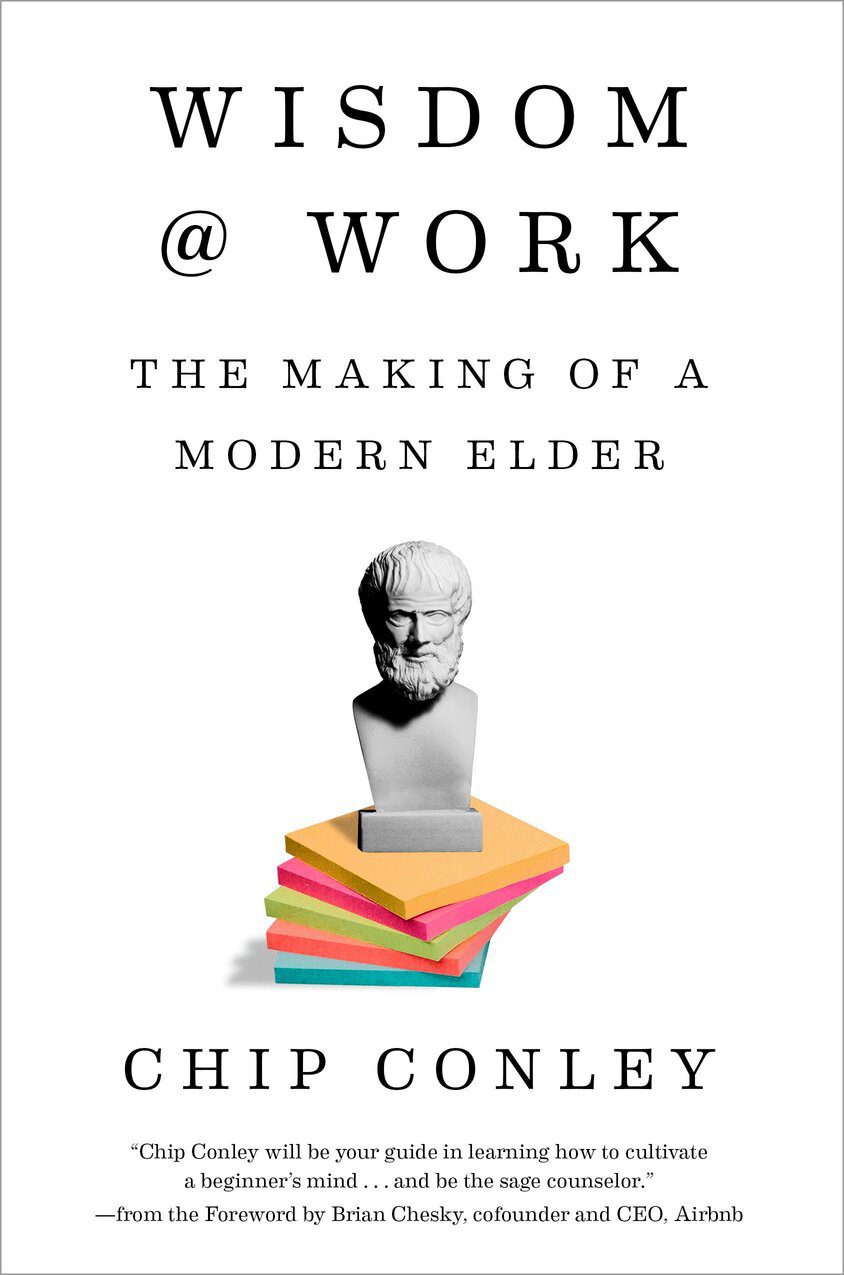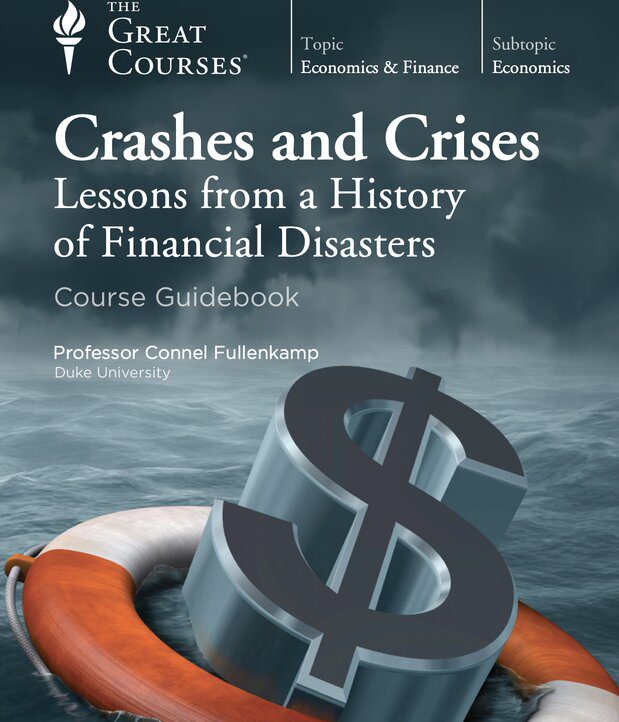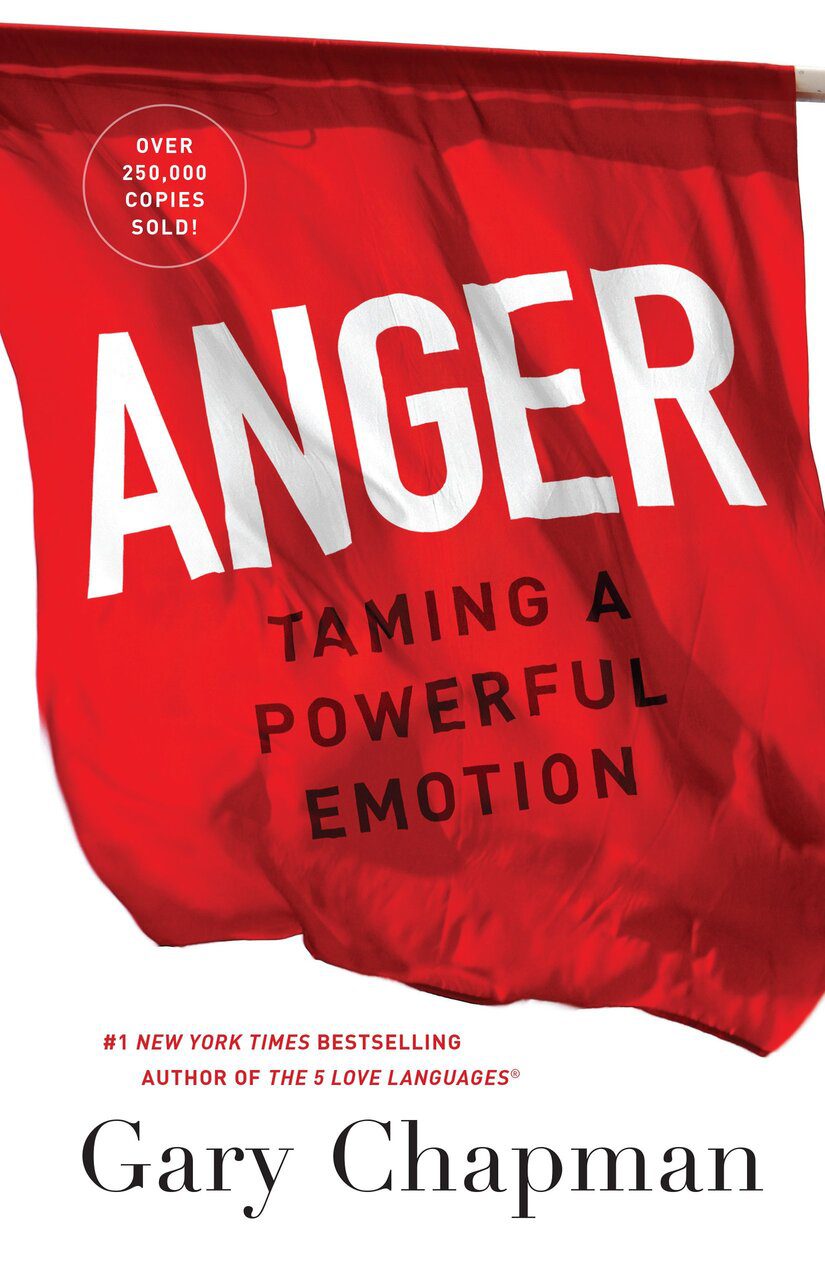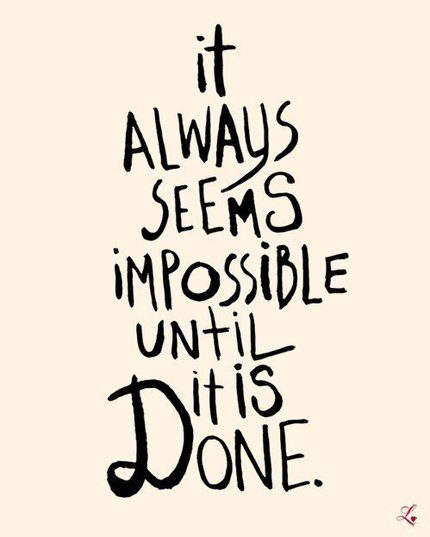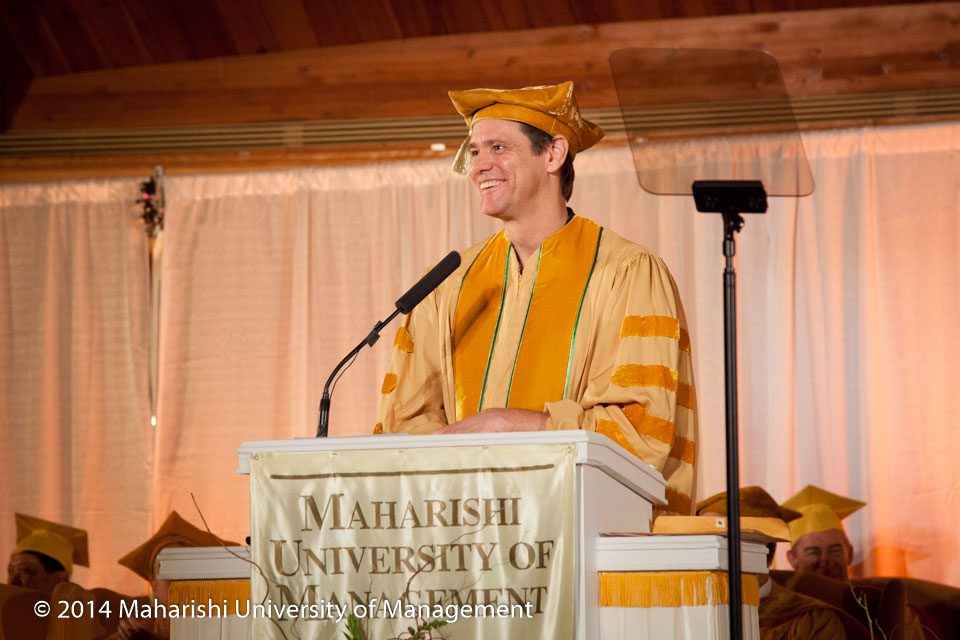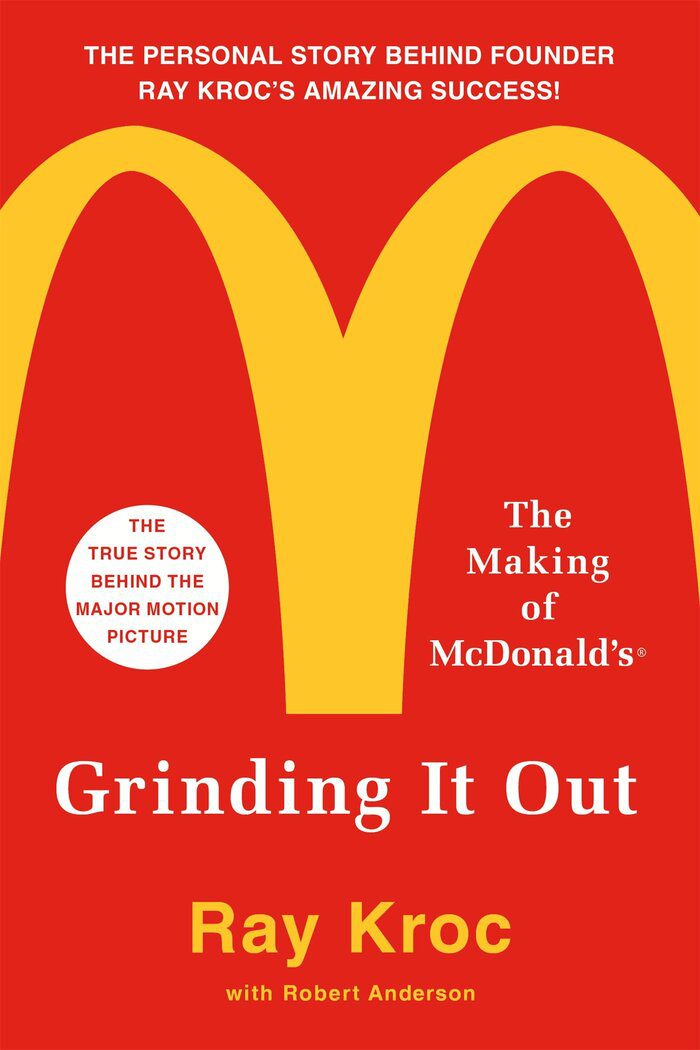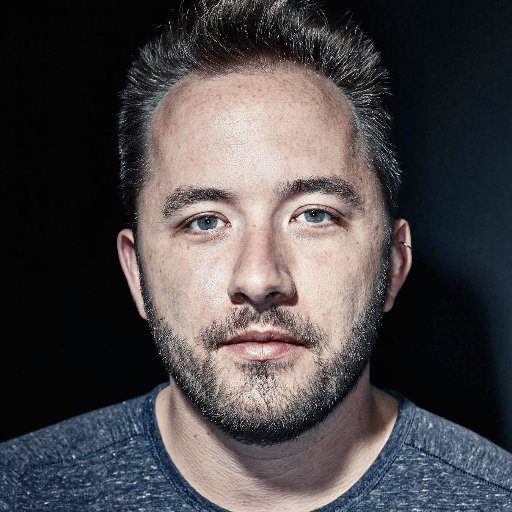“With the possible exception of Henry Ford, Sam Walton is the entrepreneur of the century.”- TOM PETERS, co-author of In Search of Excellence
Henry Ford was a man of vision who revolutionalized the automobile industry with Model T and, in the process becoming one of the richest men in America.
Henry Ford was an American industrialist and business magnate, founder of the Ford Motor Company, and chief developer of the assembly line technique of mass production. By creating the first automobile that middle-class Americans could afford, he converted the automobile from an expensive curiosity into an accessible conveyance that profoundly impacted the landscape of the 20th century.
His introduction of the Model T automobile revolutionized transportation and American industry. As the Ford Motor Company owner, he became one of the richest and best-known people in the world. He is credited with “Fordism”: mass production of inexpensive goods coupled with high wages for workers.
‘Whether you think you can, or you think you can‘t–you‘re right.- Henry Ford
In his great seminal book, Think and Grow Rich, Napoleon Hill writes on some of the qualities that made Henry Ford one of the most influential entrepreneurs of the 20th century.
Determination
A few years back, Ford decided to produce his now famous V-8 motor. He chose to build an engine with the entire eight cylinders cast in one block and instructed his engineers to produce a design for the engine. The design was placed on paper, but the engineers agreed, to a man, that it was simply impossible to cast an eight-cylinder gas engine block in one piece.
Ford said, “Produce it anyway.”
“But,” they replied, “it’s impossible!”
